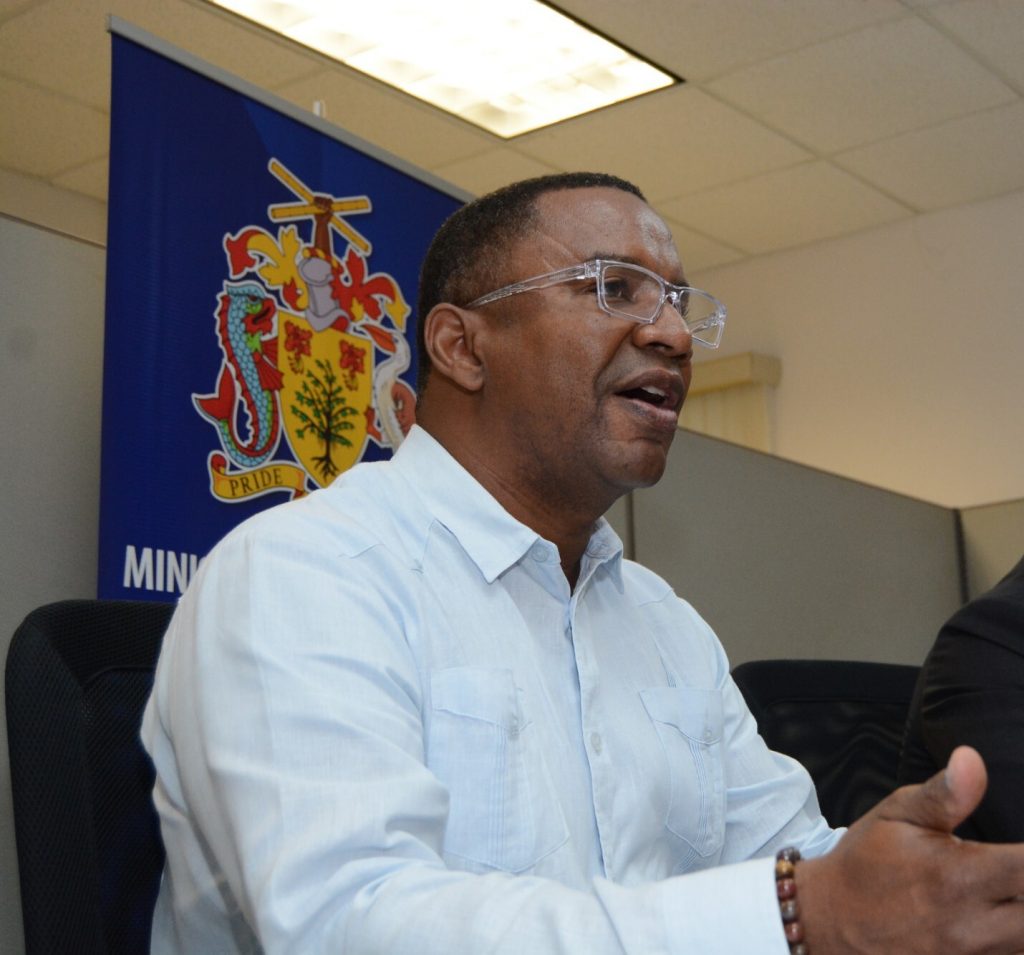Barbados’ Home Affairs Minister, Wilfred Abrahams, has dismissed fears that the country will experience a surge of migrants under the new free movement arrangement among four CARICOM states. He explained that such fears are misplaced, as the predicted influx of people has not happened.
Speaking at the House of Assembly while presenting the Caribbean Community (Free Movement of Nationals) Bill, Abrahams said the new agreement among Barbados, Belize, St Vincent and the Grenadines, and Dominica is meant to improve and formalize what already exists within the region. According to him, the deal only seeks to close legal gaps and create a smoother process for movement across these countries.
The minister emphasized that regional free movement has always been a reality within CARICOM, and the new law simply strengthens the framework that allows citizens of member states to live and work freely. He added that the initiative will bring social and economic benefits while keeping migration orderly and fair.
Abrahams also drew attention to Barbados’ population decline, calling it a “population crisis.” He explained that death rates now exceed birth rates, and the population is ageing fast. He warned that this trend makes it difficult to plan for the island’s future in key areas such as housing, social welfare, taxation, and workforce development.
“What does that mean for Barbados?” he asked. “It means planning becomes harder — for education, jobs, healthcare, and even taxes. We need people to keep the country running and growing.”
What does the new free movement deal mean for migrants?
The free movement deal gives eligible citizens of the participating countries the right to live, work, and do business in each other’s territories without the usual visa restrictions. It helps create more opportunities while strengthening ties across the Caribbean region.
Abrahams reminded the House that Barbados has a long history of regional cooperation through institutions such as the University of the West Indies, the Caribbean Court of Justice, and West Indies cricket. He said these examples show the benefits of Caribbean integration and how shared progress has always been part of the region’s vision.
The minister also criticized a former administration for rounding up CARICOM nationals in 2008, saying that such actions damaged trust and discouraged regional unity. He stressed that the new free movement agreement would not take away jobs from Barbadians, noting that the feared influx of foreign workers has not happened. “We are still the same welcoming Barbados,” he said. “This agreement just makes what already exists more structured and fair.”

